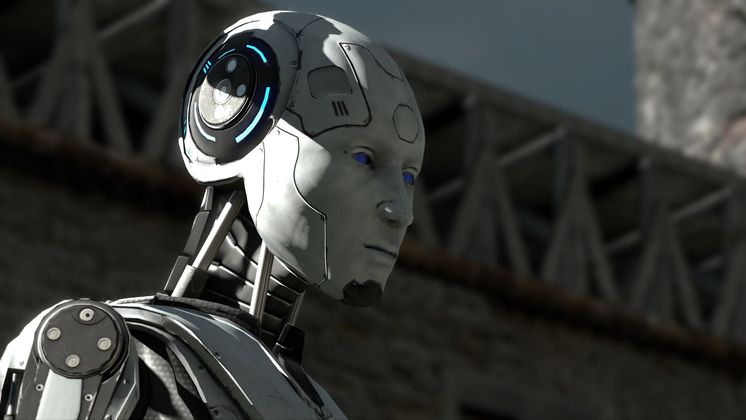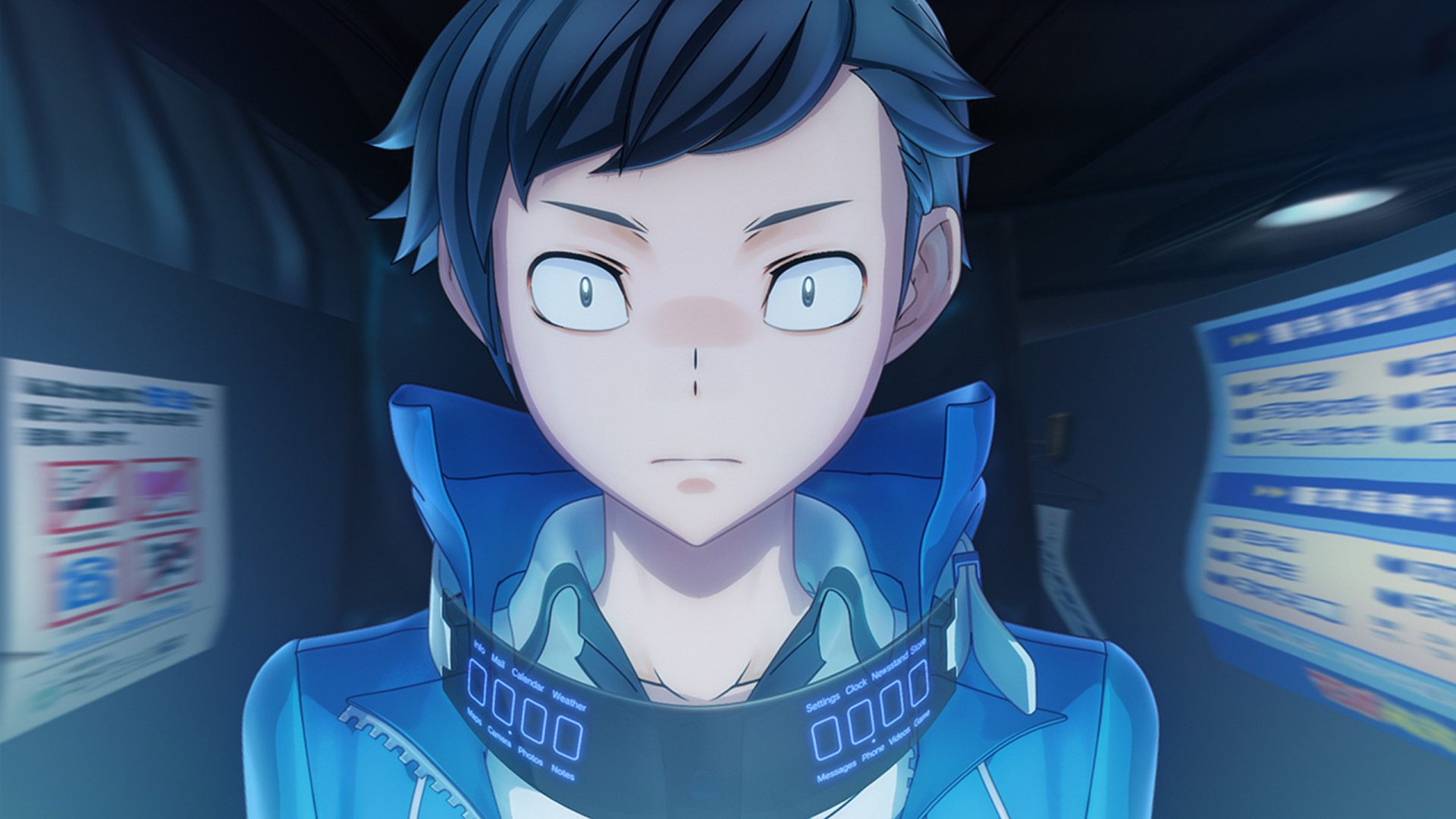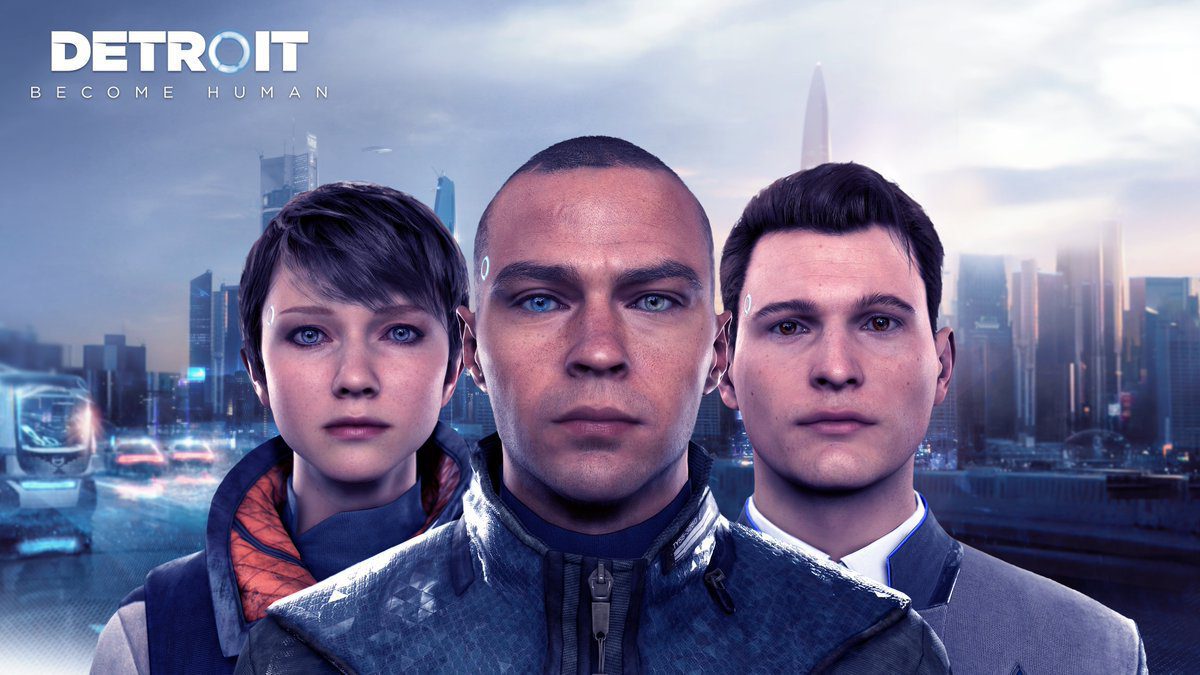Introduction
Yesterday, the tech world was rocked by a series of dramatic events at OpenAI. Sam Altman, a pivotal figure in the development of AI technologies like ChatGPT, was ousted from his role as CEO. In a stunning turn of events, Altman was reportedly considered for rehire, but the situation escalated, leading him to join Microsoft to lead a new AI venture. This move sent shockwaves through the industry, raising numerous speculations about the future of ChatGPT and the AI landscape.
The Dramatic Exit
Sam Altman’s departure from OpenAI was not without drama. According to sources, after being fired from his position, there were discussions about possibly bringing him back. However, these discussions fell through, reportedly due to Altman feeling offended by the circumstances of his dismissal. This led to his decisive move to Microsoft.
The Ripple Effect
Altman’s departure and subsequent move to Microsoft had immediate and far-reaching consequences:
- Key Staff and Investor Exodus: Following Altman, several key staff members from OpenAI also made the switch to Microsoft. This talent migration, along with the departure of many investors, poses significant challenges for OpenAI, potentially impacting the development and innovation of ChatGPT.
- Investor Reactions: The investor community responded swiftly. Some investors who had heavily backed OpenAI began to shift their focus and resources towards Microsoft’s new project under Altman’s leadership, signaling a change in confidence and interest.
Adapting to Change
Facing these unprecedented changes, OpenAI’s ability to sustain and develop ChatGPT will be tested:
- Depth of Talent Pool: Despite the loss of key staff, OpenAI might still have a substantial number of capable individuals to continue operations, albeit at a potentially reduced capacity.
- Recruitment and Restructuring: OpenAI could mitigate the impact by recruiting new talent and restructuring its teams.
- Existing Infrastructure and Automation: The infrastructure of ChatGPT is likely robust enough to continue functioning in the short term, providing a buffer for OpenAI to adapt.
- Strategic Partnerships and Remaining Investors: Existing partnerships and investors who remain committed to OpenAI could be crucial in sustaining ChatGPT during this transition.
Best-Case Scenarios
Despite the upheaval, there are potential positive outcomes:
- Innovation Through Competition: Altman’s new venture could push the boundaries of AI further, spurring a healthy competition with OpenAI and leading to rapid advancements in AI technologies.
- Market Expansion: This shake-up might expand the AI market, creating more opportunities and diversity in AI applications, benefiting consumers and industries alike.
Worst-Case Scenarios
Conversely, there are concerns to consider:
- Stunted Growth for ChatGPT: The loss of key personnel and investors could slow down the innovation and development of ChatGPT, affecting its market position and capabilities.
- Intellectual Property Disputes: With overlapping areas of expertise between OpenAI and Microsoft’s new AI project, there’s a risk of legal battles over intellectual property, which could hinder progress in AI development.
Conclusion
The events surrounding Sam Altman’s departure from OpenAI and his move to Microsoft mark a pivotal moment in AI history. While the full impact of these developments remains to be seen, they underscore the dynamic and rapidly evolving nature of the AI industry. As the story unfolds, all eyes will be on how these changes shape the future of AI technologies like ChatGPT and the new AI ventures at Microsoft.
Note: This blog article is a speculative narrative based on the dramatic events at OpenAI and Sam Altman’s move to Microsoft. The actual impact and future developments in AI technology may differ from the scenarios presented here.






